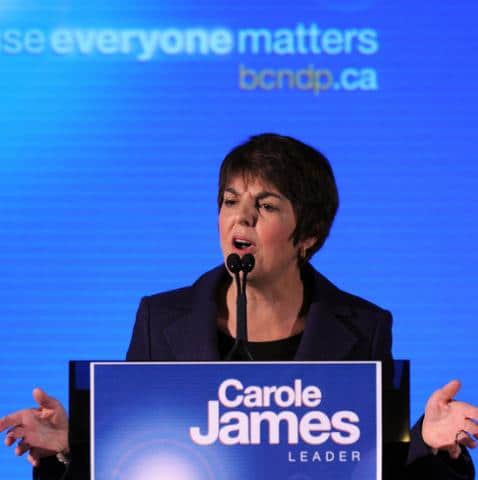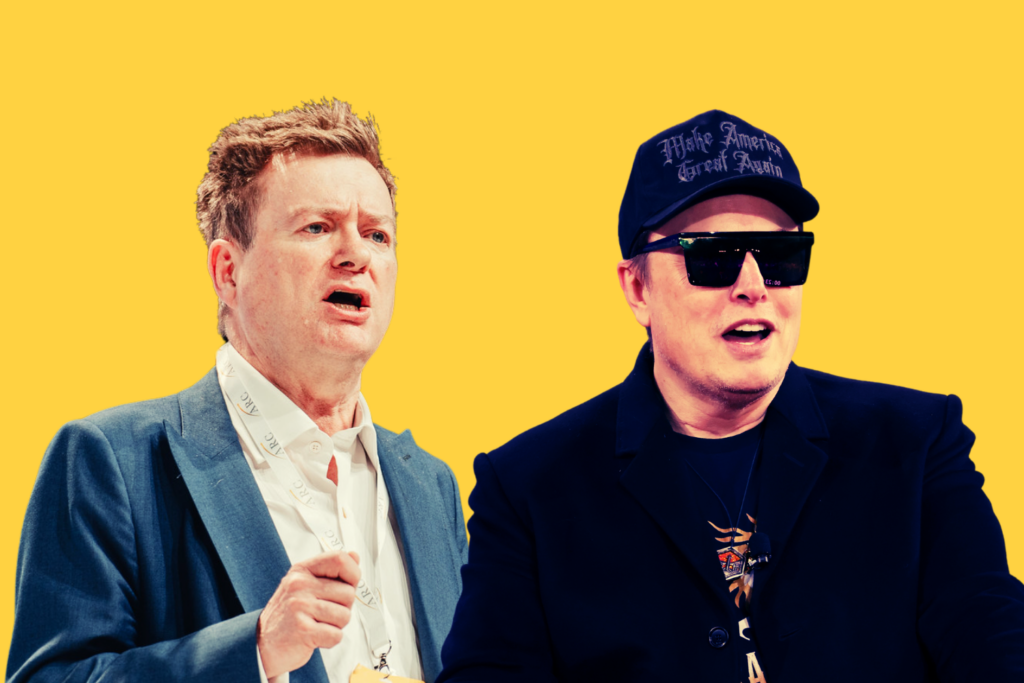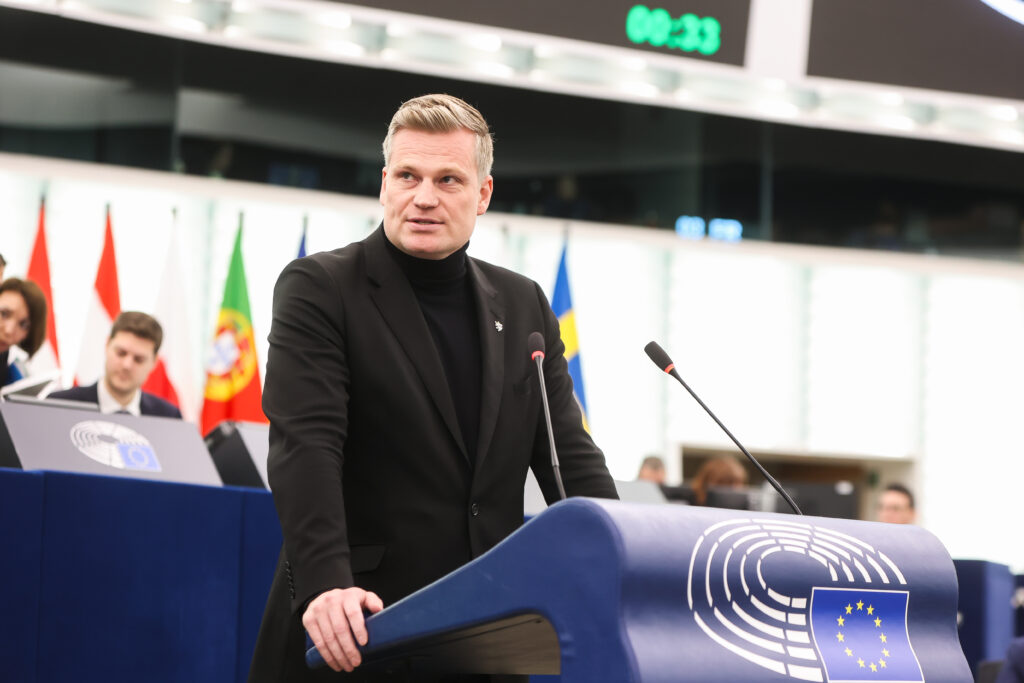The chair of the National Roundtable on the Economy and the Environment (NTREE) dismissed the B.C. NDP’s claim today that the party’s cap-and-trade scheme would punish polluters and save money for consumers.
Whether you manage climate change with a carbon tax or with cap and trade, “the price is going to be paid for by the consumer one way or another and I don’t see that as the major difference between the two systems,” Bob Page told CKNW talk show host Bill Good.
The NDP put out a press release today celebrating the release of an NTREE report that recommended economy-wide carbon pricing and suggested cap and trade as the preferred vehicle (in part because federal voters rejected a carbon tax last year).
But, according to an analysis by the Pembina Institute, the NDP cap-and-trade proposal would only cover 32 per cent of emissions, falling far short of the NTREE “economy-wide” target. The carbon tax which the NDP says it would repeal if elected affects 76 per cent of all emissions.
Notwithstanding significant resistance from environmentalists and criticism from economists, the NDP has run an aggressive “axe the gas tax” campaign, arguing that a cap and trade punishes polluters instead of costing average consumers, and maing this a leading election issue, even before the release this week of the NTREE report.
NRTEE Chair Page stepped into the gathering debate today in a morning interview with Bill Good.
Here’s a transcript:
Bill Good: So what both [the carbon tax and cap and trade] attempt to do is put a price on the use of carbon?
Bob Page: That is correct and if people have to pay that price, they’ll try and avoid it by actually changing what they do.
Good: So is one better than the other?
Page: Well a carbon tax is more certain in terms of the dollar figure and a cap and trade is more certain in the volumes that you’re cutting. So some in industry like the idea of the [carbon] tax, many others in industry like the entrepreneurial aspects that are involved in a cap and trade system.
Good: There seems to be a feeling here in BC that the carbon tax hits the consumer and leaves industry off the hook and a cap-and-trade system is more inclined to capture the carbon waste of industry and not punish the consumer whereas the carbon tax hits us every time we fill up at the pump.
Page: Well I think that the plain truth here is that [the] key feature here is the price – and the price is going to be paid for by the consumer one way or another and I don’t see that as the major difference between the two systems. And whatever happens, carbon management is going to generate costs for the economy and the consumer.
There’s lots more, and you can hear the whole thing in the CKNW audio vault, choosing the 8am time slot for Friday, April 17. The interview with Paige starts at the 38 minute mark.
Subscribe to our newsletter
Stay up to date with DeSmog news and alerts







